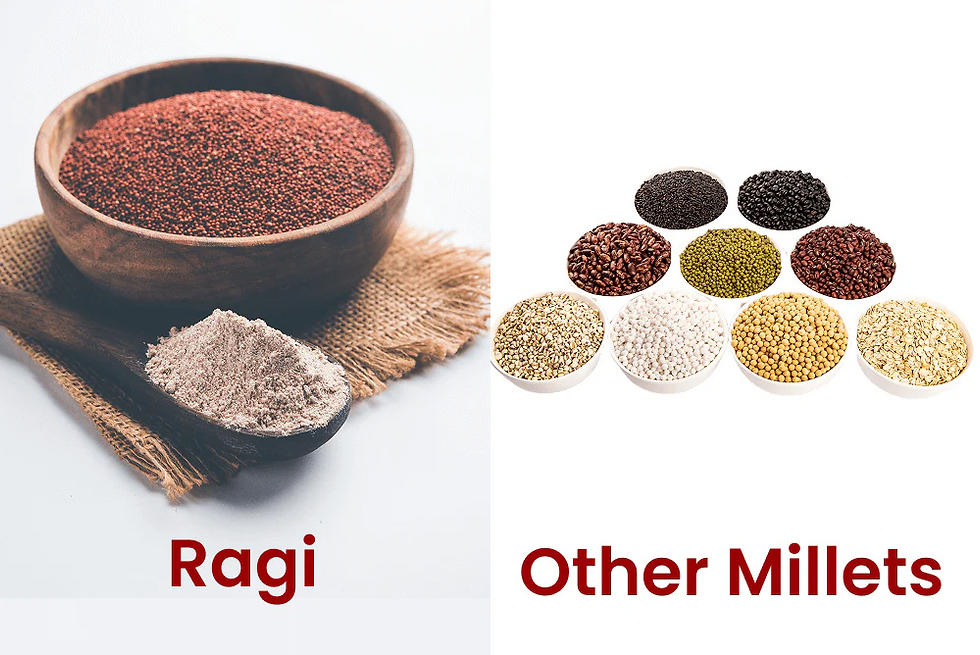How To Choose The Right Ayurveda College: A Reflection For Students Seeking Meaningful Learning
- Geetanjali Chakraborty

- May 19, 2025
- 3 min read
As someone who has walked the path of Ayurveda and mentored many others along it, I’m often asked, “Which Ayurveda college is the best?”
It’s a reasonable question. But it may not be the most helpful one.
Over time, I’ve learned that a better question is: What kind of Ayurvedic practitioner do you want to become?
Once you ask that, the real inquiry begins—not outside, but within.

A Changing Landscape in Ayurvedic Education
Many Ayurveda colleges today are deeply integrated with their own herbal product lines. Students are taught standardized formulations, often based on proprietary products. This model has its logic—it offers consistency and commercial sustainability. But it also carries a quiet risk: learning to prescribe without truly understanding.
When education centers around ready-made combinations, students may graduate knowing what to use, but not always why. They may not be trained to observe, question, or adapt—the heart of Ayurvedic practice. And that’s a loss—not just for the student, but for the patients they’ll one day serve.
A Different Way to Learn Ayurveda
In my own training, we didn’t have a brand to follow. We had principles. We worked with a core group of herbs—20 to 25—learning their rasa, guna, virya, and vipaka through direct observation and inquiry. We had to think, test, and adapt. We weren’t given protocols. We were taught to build them.
That kind of learning doesn’t just train your mind. It shapes your vision.
It prepares you for the real world, where every patient is different—and so is every treatment.
A Self-Mapping Framework¹ for Choosing Your Ayurveda College
Instead of comparing colleges by ranking or reputation, consider mapping yourself first. This simple three-part framework can guide you in choosing a college that truly fits you—not just for the next few years, but for the rest of your life.
1. HEART – WHAT INSPIRES YOU?
Ask yourself: When have I felt most alive while learning or practicing Ayurveda?
Was it while reading the Shastras, identifying herbs in nature, or observing clinical diagnosis?
What values lit up for you—curiosity? depth? intuition? tradition?
These aren’t abstract ideals. They’re your inner compass. Look for a college that nurtures those feelings—not suppresses them.
2. HABIT – HOW DO YOU LEARN BEST?
Reflect on: What structures support your best learning?
Do you prefer open exploration or clear step-by-step instruction?
Do you want room to question, or do you value learning fixed protocols?
There’s no right answer. But knowing your style helps you find a college that supports—not fights—your natural rhythm.
3. HEAD – WHAT’S THE LONG GAME?
Ask yourself: Where do I want this education to take me?
Do you see yourself formulating custom remedies for diverse patients?
Teaching or researching?
Deepening into a specific lineage?
Choose a college that aligns not just with your current needs, but with your long-term purpose.
Bring It All Together
Try creating a simple reflection table like this:
College | Inspires Me (HEART) | Supports My Learning (HABIT) | Aligns with My Path (HEAD) |
A | |||
B | |||
C |
You’re not just picking a school. You’re choosing the soil where your Ayurvedic roots will grow.
Ayurveda isn’t a static system. It’s a living intelligence. And your education should reflect that.
Whether you choose a knowledge-first school or a product-based one, choose a place that helps you stay alive to the why, not just the what. Choose a space where you can ask questions, wrestle with contradictions, and slowly become the kind of practitioner who doesn’t just repeat formulas—but understands people.
The science of life deserves nothing less.
Reference:
¹ The Head–Heart–Habit (3H) framework in this blog is inspired by the book Invaluable: Achieving Clarity on Value by Somik Raha, which explores how values-driven decision-making can transform our relationship with work, learning, and life.





Comments